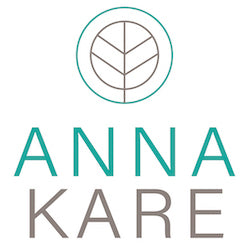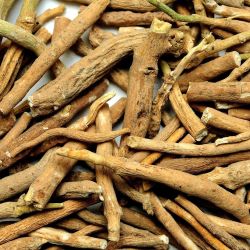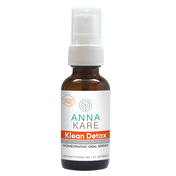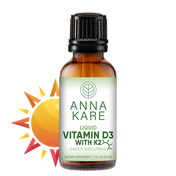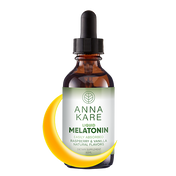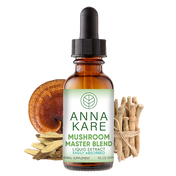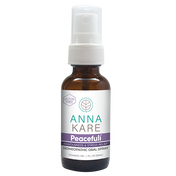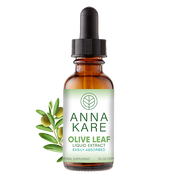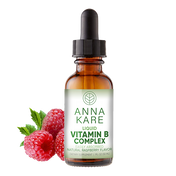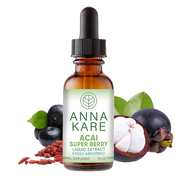Homeopathy and herbal medicine are alternative healing modalities that have reached popularity worldwide. The natural remedies used in both styles of healing are helpful for managing many ailments. Each method differs in specific ways, despite their similar approaches. Discover these differences below.
Herbal Medicine
Herbal medicine uses entire plants and parts of plants to fight illnesses. In fact, the botanicals that are made into herbal tinctures and compounds are the basis of modern medicine. In terms of regulation, herbal remedies are considered dietary supplements.
History
The history of herbal medicine stretches back several millennia to early civilizations in Mesopotamia, China, India, Egypt, and the Americas. As early as 3000 BCE, people created lists of herbs and their benefits for future generations. Botanicals were the only medicines at hand during the Middle Ages. Twenty-five percent of today’s pharmaceutical drugs are estimated to be based on botanicals, and according to the World Health Organization (WHO), 80 percent of people use herbs in some form to care for their health and that of their families.
Methodology
Herbal medicines are generally made into liquid extracts, capsules, salves, and essential oils and used in teas to administer their medicinal properties. The leaves, stems, or petals of plants can also be ground up to make a powder. Or there’s the option of using fresh or dried plants to take advantage of their healing benefits.
Homeopathy
Homeopathy involves using ingredients such as herbs, minerals, and sometimes other substances to fight off illnesses. One of the primary differences between homeopathy and herbal medicine is that homeopathy uses minute amounts of active natural ingredients to instigate a healing response.
History
Homeopathy began in Germany in the late 1800s with the studies and findings of Dr. Samuel Hahnemann. Discontented with the coarse orthodox treatments of his time—such as blood-letting, starvation diets, and medicines made from lead and mercury—he developed a gentler healing system based on the observation of nature.
Homeopathy quickly gained popularity. In 1920, 22 homeopathic colleges existed and 29 homeopathic journals were in circulation in the US. After the turn of the century, the demand for homeopathy declined, as conventional medicine had become less harsh and enabled doctors to earn a living more easily.
Since the 1980s, homeopathy has been on the rise again, becoming one of the most popular forms of alternative medicine around the world—especially in Europe, India, and South America.
Methodology
Homeopathy follows the principles of “like heals like” and the “minimum dose.” In other words, an ingredient that in large doses could cause distress is administered in a minute amount to combat the illness and trigger a natural healing response in the body.
For example, a peeled onion makes your eyes water, but a homeopathic remedy made with a tiny amount of onion—called by its Latin name, Allium cepa, in the homeopathic pharmacopoeia—is used to relieve runny noses and watery eyes caused by colds and allergic reactions.
This approach makes homeopathy gentle on the body and on the Earth, and it’s the reason why people—young and old—buy homeopathic remedies to find relief from many aches and ailments.
Main Differences
The differences between homeopathy and herbal medicine come down to their methods for choosing and preparing natural remedies. Herbal medicine uses plants, algae, and fungi to counteract problems, while homeopathy uses plants, minerals, and sometimes very small amounts of animal ingredients to address many everyday conditions.
Both have long histories, rely on natural ingredients, and work with organic growers and wildcrafters. Herbal remedies are considered dietary supplements, while homeopathic products are regulated as medicines under the Federal Food, Drug, and Cosmetic Act. Both offer help for people looking for natural solutions to increase their health and well-being.



